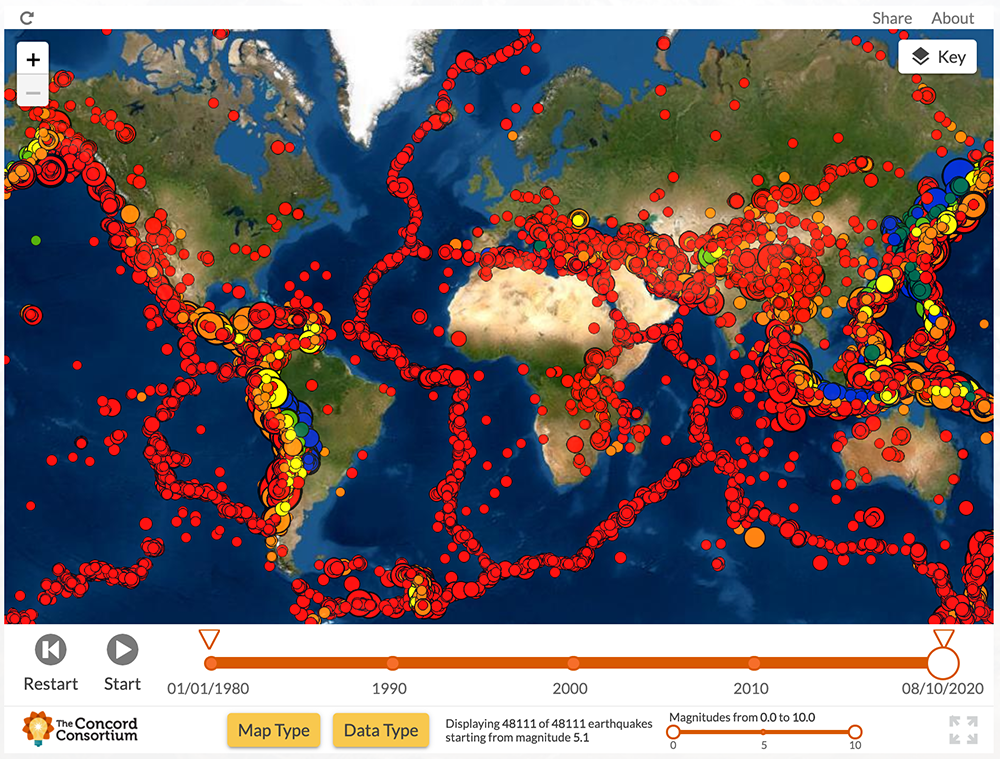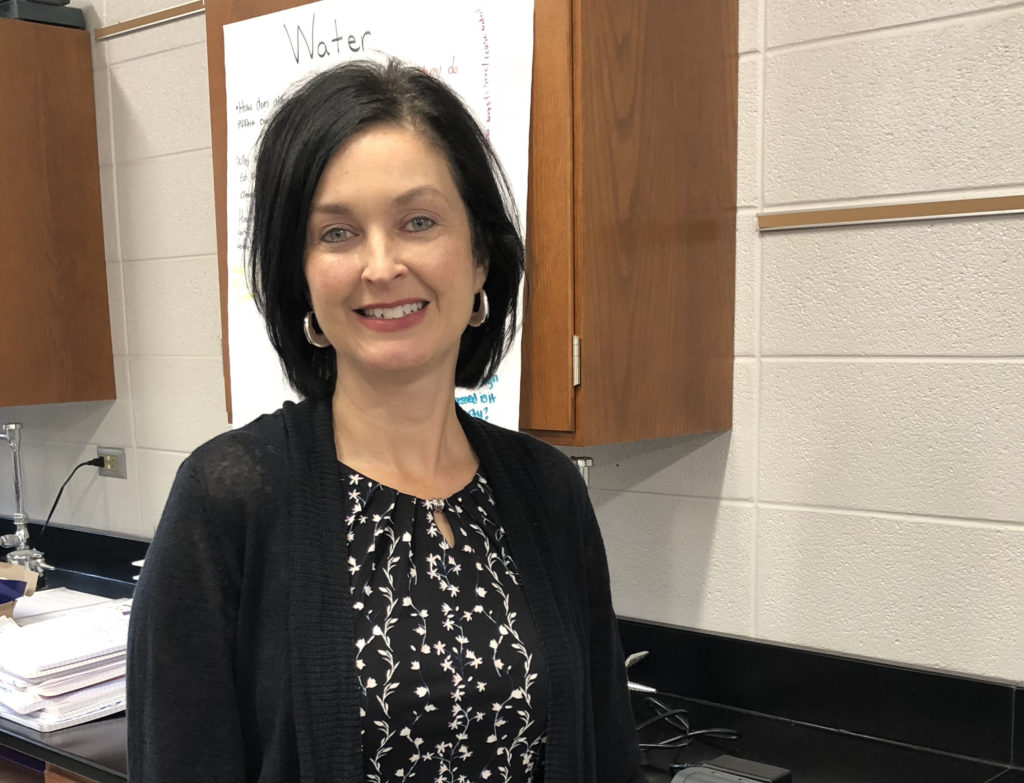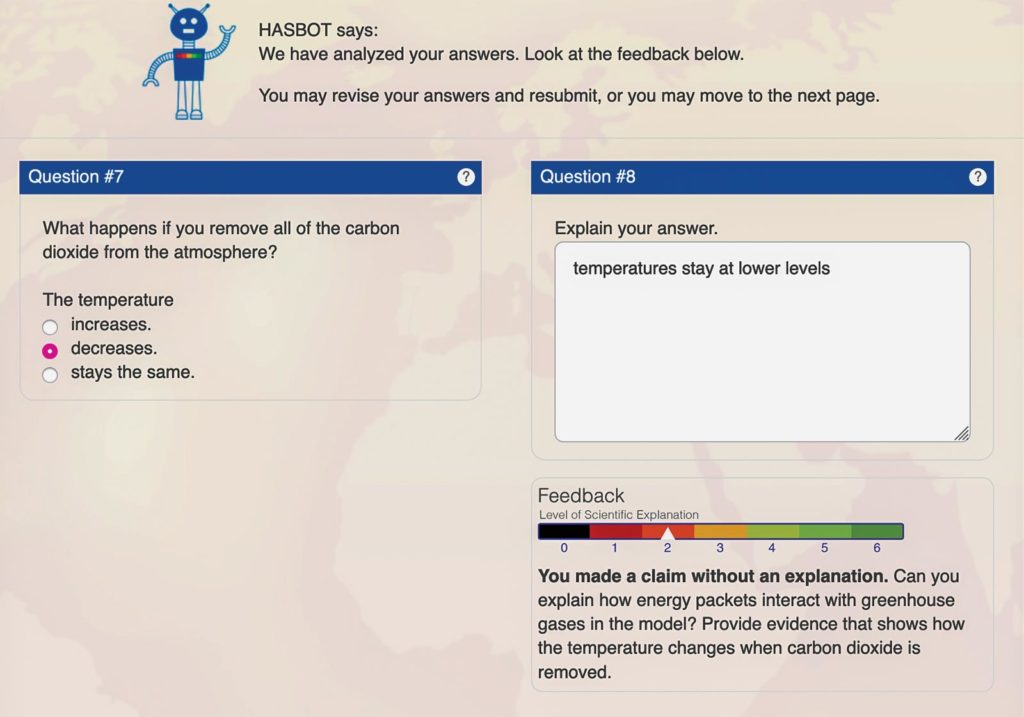Category: High-Adventure Science
We are delighted to celebrate five years of partnering with the world-renowned National Geographic Society. The National Geographic Society uses the power of science, exploration, education, and storytelling to illuminate and protect the wonder of our world. At the Concord Consortium we envision a world where teaching and learning seamlessly incorporate the best features of […]
Prompted by an editorial in the Wall Street Journal entitled “Absolute certainty is not scientific,” we wrote on this blog, “With the ongoing polarization of science in today’s political environment, it’s more important than ever to remember that science is filled with uncertainty.” That was 2011, and it is still just as true today. At […]
Now more than ever, teachers are looking for Earth and environmental science activities they can use in any classroom environment, whether it’s face-to-face or remote. We have developed a collection of innovative curriculum and embedded Earth system models and teacher resources, and want to ensure that these resources can be used by any teacher, anywhere. […]
The High-Adventure Science modules, first written in 2011-2013, are each based on a big unanswered question in Earth/environmental science. These six modules include interactive computer-based systems models and real-world data that students use for evidence as they develop scientific arguments. The modules incorporate real-world data from the National Aeronautic and Space Administration, National Oceanic and […]
“I love the look of amazement and confidence when someone makes connections and understands what is happening,” says Stephanie Harmon, who’s beginning her 24th year in a high school classroom. She was named Kentucky Science Teacher Association’s Outstanding High School Science Teacher in 2014, and currently teaches physics and advanced physical science and Earth science at Rockcastle County High School in Mount Vernon, and introductory astronomy at Eastern Kentucky University.
Julia LaCava was a summer intern at the Concord Consortium. A junior at Ithaca College, she majors in communications. The Automated Scoring for Argumentation project, which we affectionately called “HASBot” is wrapping up. This four-year partnership between the High-Adventure Science (HAS) team at the Concord Consortium and Educational Testing Service (ETS) was funded by the […]
While a sophomore at Ithaca College, Julia LaCava wrote a novel in a month. Though she had written full-length scripts for homework, this was not a typical class assignment. She had had a story in her head for over a year, complete with a storyboard of all the characters’ emotions and playlists of songs that […]
Julia LaCava is a summer intern at the Concord Consortium. A junior at Ithaca College, she majors in communications. Teaching about climate change in the age of the Internet is harder than you might think. “Many online climate change lessons are actually junk” was the bold title of a recent article published by AP News, […]
We’re thrilled to announce that the popular High-Adventure Science (HAS) climate module is now available in Spanish. Many thanks (muchas gracias) to Penny Rowe (University of Santiago of Chile) and Cristián Rizzi (Universidad de San Andrés, Argentina) for taking this on! The Spanish-language version directly parallels the existing English-language version. The HAS climate module poses […]
When you live in New England in the winter, you pay attention to the forecast. Large snowstorms can make travel near impossible. Heavy snow and blowing winds can cause coastal flooding, power outages, and roof collapses. The National Weather Service (NWS) exists to “provide weather, water, and climate data, forecasts and warnings for the protection […]





